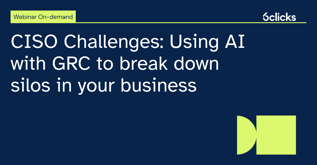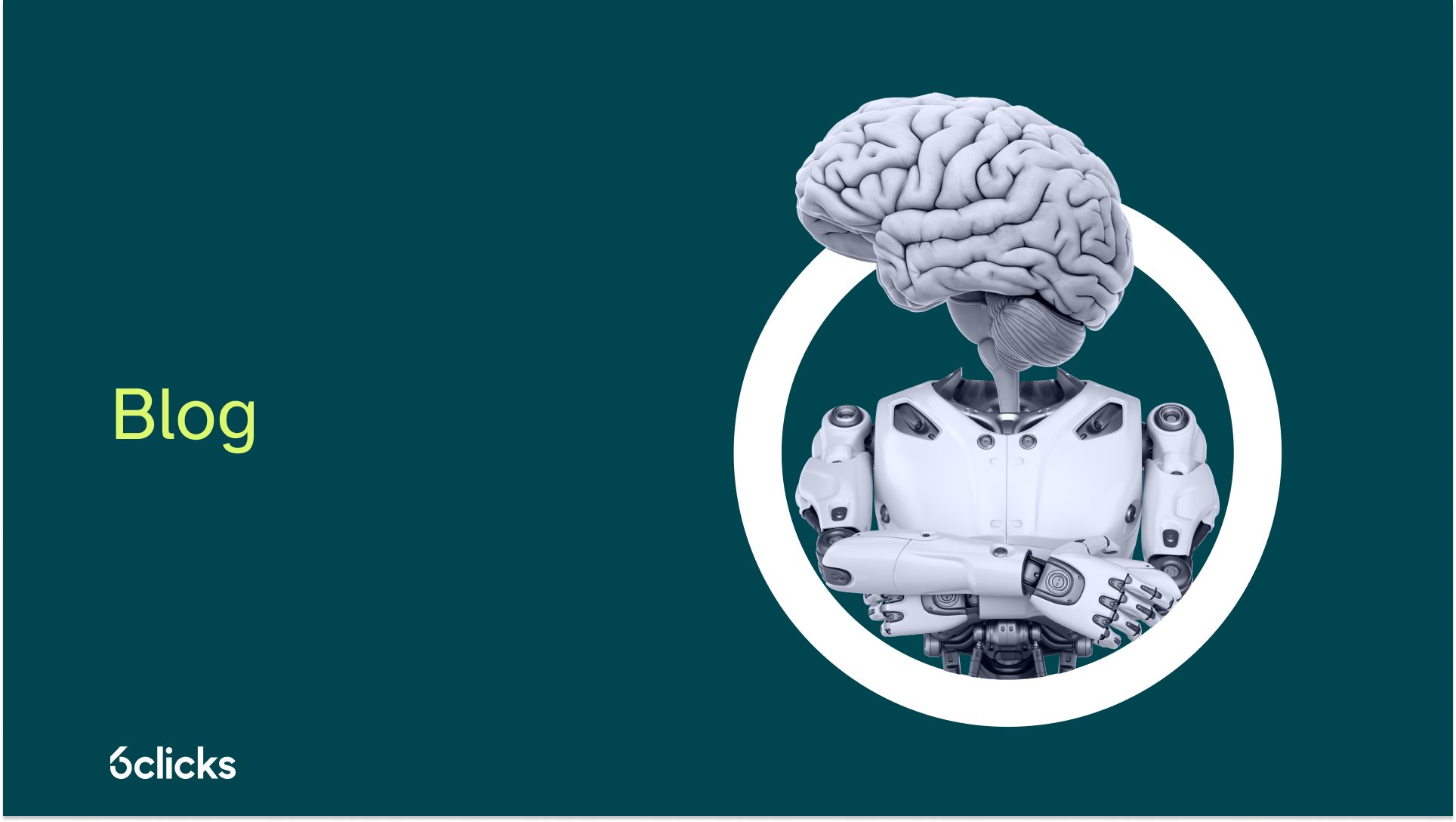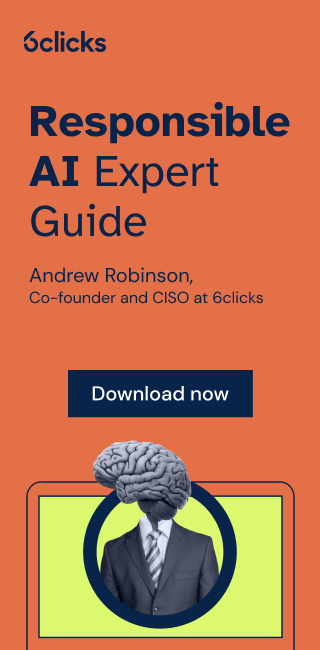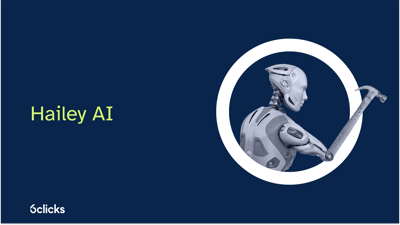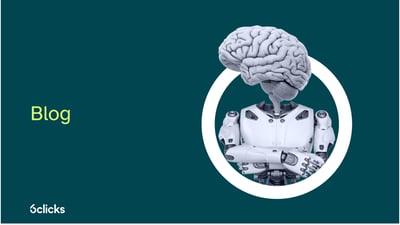Discover the latest trends in AI and GRC and how they are shaping the future of business operations.
Understanding the Role of AI in GRC
Artificial Intelligence (AI) is revolutionizing the way businesses approach Governance, Risk, and Compliance (GRC). With its advanced capabilities, AI is transforming traditional GRC practices and enabling organizations to enhance their decision-making processes. AI helps businesses automate tasks, analyze data, and identify patterns and anomalies, enabling them to make informed and proactive decisions.
In the realm of GRC, AI plays a crucial role in monitoring and managing risks. It can analyze large volumes of data in real-time, detecting potential risks and compliance violations. By leveraging AI, organizations can identify emerging risks, predict future outcomes, and take preventive measures to mitigate them. AI also helps in streamlining compliance management by automating compliance checks and ensuring adherence to regulatory requirements.
Moreover, AI-powered solutions can assist in fraud detection and prevention. By analyzing patterns and anomalies in financial transactions and user behaviors, AI algorithms can identify potential fraudulent activities and alert the relevant authorities. This not only helps in minimizing financial losses but also enhances trust and credibility in the business ecosystem.
Overall, AI has the potential to revolutionize GRC practices by improving efficiency, accuracy, and effectiveness. By understanding the role of AI in GRC, organizations can harness its power to drive better decision-making, mitigate risks, and ensure compliance with regulatory standards.
Enhancing Efficiency and Accuracy with AI
One of the key benefits of AI in GRC is its ability to enhance efficiency and accuracy. AI-powered tools and systems can automate repetitive tasks, freeing up valuable time for GRC professionals to focus on more strategic activities. By automating routine processes such as data collection, analysis, and reporting, organizations can significantly reduce the manual effort required and minimize the risk of human errors.
AI also enhances accuracy by leveraging advanced algorithms and machine learning techniques. By analyzing vast amounts of data, AI can identify patterns, trends, and anomalies that may go unnoticed by human analysts. This enables organizations to make more accurate predictions, identify potential risks, and take proactive measures to mitigate them.
Furthermore, AI can assist in streamlining compliance management processes. It can automatically monitor regulatory changes, assess their impact on the organization, and suggest necessary actions to ensure compliance. This proactive approach not only saves time but also minimizes the risk of non-compliance.
In summary, AI enhances efficiency and accuracy in GRC by automating tasks, leveraging advanced algorithms, and streamlining compliance management. By embracing AI-powered solutions, organizations can optimize their GRC processes and improve overall operational efficiency.
Unlocking Data Insights with AI
Data is a valuable asset for organizations, and AI can unlock its true potential in the realm of GRC. AI-powered analytics tools can analyze large volumes of structured and unstructured data, extracting meaningful insights that can drive informed decision-making. By leveraging AI, organizations can identify trends, patterns, and correlations in their data, enabling them to make data-driven decisions and optimize their GRC strategies.
AI also enables organizations to gain a comprehensive view of their risk landscape. By analyzing data from various sources, such as internal systems, external databases, and social media platforms, AI algorithms can identify potential risks and predict their likelihood and impact. This empowers organizations to take preemptive actions and minimize the potential damage caused by risks.
Moreover, AI can assist in identifying compliance gaps and anomalies in data. By analyzing large datasets, AI algorithms can flag potential compliance violations and suggest actions to rectify them. This helps organizations in maintaining regulatory compliance and mitigating the risk of penalties and reputational damage.
In conclusion, AI unlocks valuable data insights in GRC, enabling organizations to make informed decisions, identify risks, and ensure compliance. By harnessing AI's analytical capabilities, organizations can gain a competitive edge and stay ahead in the ever-evolving business landscape.
Addressing Challenges and Risks
While AI offers numerous benefits in the realm of GRC, it also presents certain challenges and risks that organizations need to address. One of the key challenges is the ethical use of AI. As AI algorithms become more complex and autonomous, organizations need to ensure that the decisions made by AI systems align with ethical standards and do not result in biased or discriminatory outcomes.
Another challenge is the integration of AI with existing GRC systems and processes. Organizations need to carefully plan and implement AI solutions to ensure seamless integration with their existing infrastructure. This may require upskilling employees, establishing data governance frameworks, and addressing data privacy and security concerns.
Additionally, organizations need to address the risk of AI system failures and vulnerabilities. AI algorithms are not infallible, and there is a possibility of errors or malicious exploitation. Organizations need to implement robust monitoring and control mechanisms to detect and mitigate such risks.
To address these challenges and mitigate risks, organizations should invest in robust AI governance frameworks. These frameworks should encompass ethical considerations, data privacy and security measures, and regular audit and monitoring processes. By adopting a proactive and holistic approach, organizations can harness the benefits of AI while mitigating potential risks.
Preparing for the AI-Driven Future
As AI continues to evolve and shape the future of business operations, organizations need to prepare themselves for an AI-driven future. This requires a strategic approach towards AI adoption and a culture of continuous learning and innovation.
Organizations should invest in AI talent and expertise to drive the development and deployment of AI-powered solutions. They should also foster a culture of data-driven decision-making and encourage employees to embrace AI technologies. This may require upskilling and reskilling employees to ensure they have the necessary skills to work alongside AI systems.
Moreover, organizations should stay informed about the latest trends and advancements in AI and GRC. They should actively participate in industry forums, conferences, and knowledge-sharing platforms to learn from industry leaders and experts. By staying ahead of the curve, organizations can leverage AI to gain a competitive advantage and drive innovation.
In summary, preparing for the AI-driven future involves strategic AI adoption, fostering a culture of innovation, and staying informed about the latest trends. By embracing AI and adapting to the changing business landscape, organizations can position themselves for success in the AI-driven era.
Written by Anthony Stevens
Ant Stevens is a luminary in the enterprise software industry, renowned as the CEO and Founder of 6clicks, where he spearheads the integration of artificial intelligence into their cybersecurity, risk and compliance platform. Ant has been instrumental developing software to support advisor and MSPs. Away from the complexities of cybersecurity and AI, Ant revels in the simplicity of nature. An avid camper, he cherishes time spent in the great outdoors with his family and beloved dog, Jack, exploring serene landscapes and disconnecting from the digital tether.


